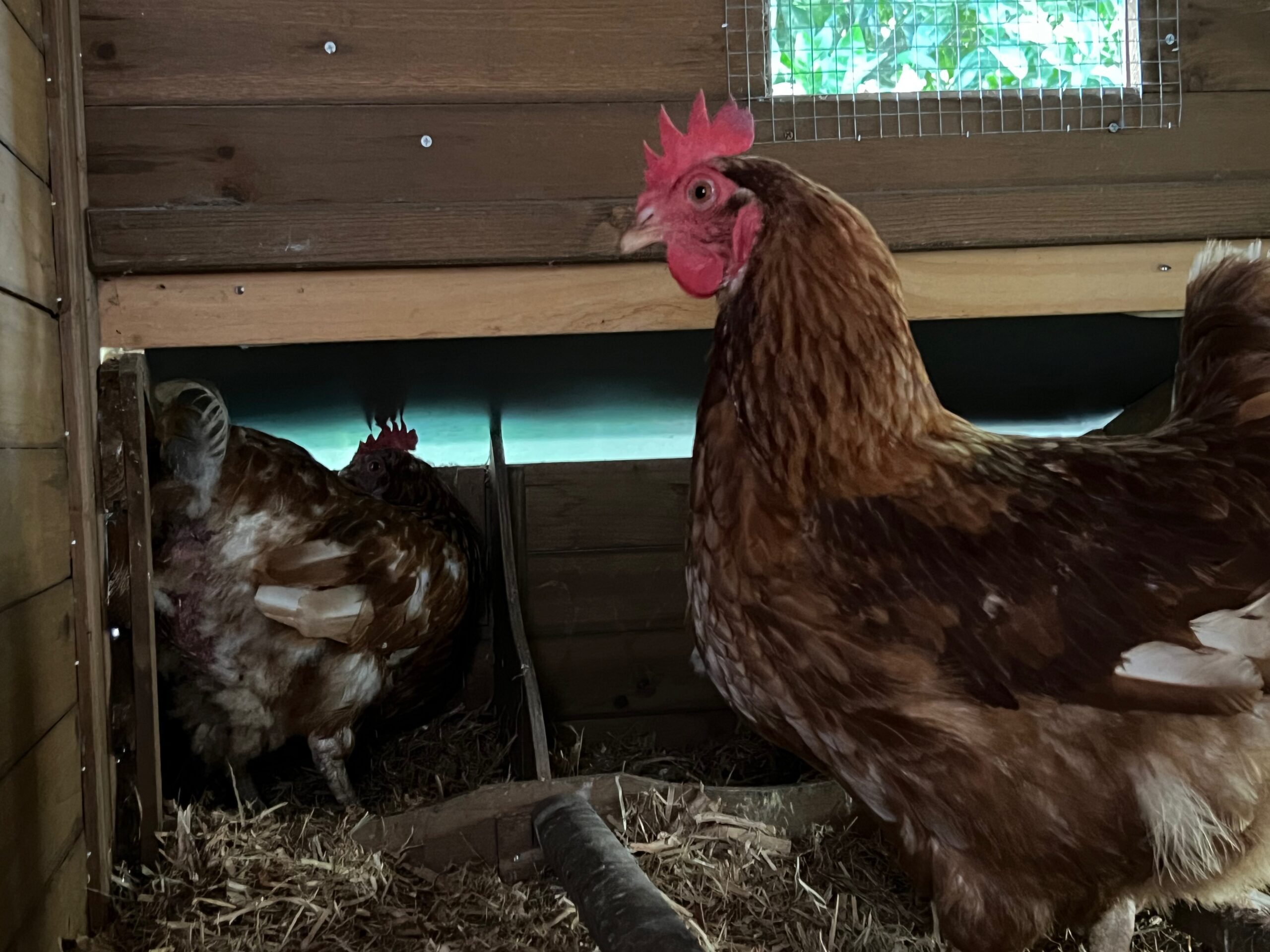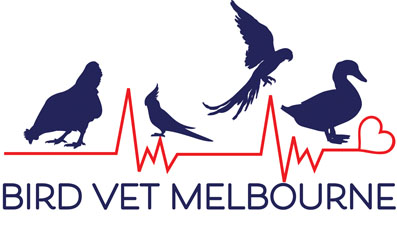Avian Influenza

What is Avian Influenza?
Avian Influenza (commonly known as "Bird Flu") is a highly contagious viral infection in birds that is most commonly seen in poultry.
Infections are considered either highly pathogenic (HPAI) or low pathogenic (LPAI). HPAI is serious and can be expected to cause up to a 100% death rate in affected birds. LPAI can often go undetected as birds don't always show symptoms, but can still cause deaths.
There are many different sub-types of Avian Influenza. These are classified based on two different surface proteins. The first protein used to classify sub-types is haemagglutinin (HA). There are at least 16 haemagglutinins that have been found to exist (H1-H16). The second protein is neuraminidase (NA). There are at least 9 neuraminidases (N1-N9).
What is the Current Avian Flu Situation In Australia vs Globally?
There is a sub-type of Avian Influenza that is causing significant concern globally and this is the H5N1 strain. To date, this has NEVER been detected in birds in Australia.
As of 25th June 2024, avian influenza has been recently detected in 8 poultry farms in Victoria.
7 properties near Meredith in Victoria have tested positive for the highly pathogenic strain H7N3 and one property in Terang has tested positive for the highly pathogenic strain H7N9.
Near Meredith, one is a commercial duck farm, the other 6 properties are commercial chicken farms. The Terang property is a chicken farm.
There are restricted control areas in place in Meredith and Lethbridge (Golden Plains Shire) and also in the Corangamite Shire.
A permit system for movement of chickens, eggs and bedding is in place and there is a housing requirement. If you are in an affected area, check the Agriculture Victoria website for the latest requirements.
Over 1.5 million birds have already been culled in this outbreak, making this Australia's largest outbreak.
Update 25/6/24:
There has now been another outbreak of avian influenza in Hawkesbury, (Sydney) NSW. This includes 2 poultry farms and approximately 400,000 birds are being culled to prevent further spread. This outbreak is separate to the Victorian outbreak, a different strain: H7N8. The virus in this instance has come from wild birds.
UPDATE: 28/6/24
The situation has continued to evolve and will continue to do so. Avian Influenza has now been detected in the ACT. It should also be noted that it has been detected in domestic birds not just commercial flocks.
UPDATE: 31/10/24
On 12 September, the restricted areas around Meredith and Terang were removed and replaced with control areas. Permits to move birds, products and equipment are still required in those areas.
No further cases have been detected in Victoria since 24th June 2024.
Experts are warning avian vets, zoos and bird owners to expect a significant outbreak of HPAI in coming months due to the migration of infected birds. Advice is to have an action plan in place. Be prepared and remain alert to symptoms in birds.
Update 21/2/25
Previous restrictions in Meredith and Terang have been completely lifted.
At this time Australia remains free of the H5N1 strain which is the strain causing global concern.
In February 2025 H7N8 has been detected at 3 different farms in Euroa, Victoria. Appropriate restrictions and measures have been put in place to help contain the outbreak and the public is being encouraged to remain vigilant for signs in their own birds.
What birds are affected by avian influenza?
All birds can be affected by avian influenza.
Domestic poultry are the most likely to be affected by avian influenza. This includes, chickens, ducks, geese, turkeys, guinea fowl, quail, pheasants, emus and ostriches.
Other birds (particularly wild waterfowl) can also be affected.
All bird species can be affected by the H5N1 strain and it has been detected in 50 species of mammal.

What Are The Symptoms of Avian Influenza?
Not all birds will show all symptoms and many of these symptoms can also indicate other illnesses but any of the below may be signs that you may be dealing with Avian Influenza:
- lethargy
- appetite loss
- difficulty breathing (including noisy wheezing, coughing, sneezing and increased respiratory rate).
- conjunctivitis, watery or closed eyes
- sitting fluffed or with ruffled feathers
- loss in colour or purple colour change to comb/wattles
- weight loss
- decreased egg laying
- depression
- diarrhoea
- loss of motor control (appears disorientated, walks in circles, uncoordinated movement, twisted neck)
- head swelling
- sudden death.
Can My Pet Parrot Catch Avian Influenza?
The answer is yes. Avian Influenza is considered contagious to non-poultry types of birds and even mammals.
We have not had an avian influenza outbreak in Australia that has affected pet birds such as canaries, budgies and other commonly kept parrot species.
However, it is believed they can contract highly pathogenic strains of the disease, in particular the H5N1 virus (the strain causing concern internationally). There is a risk that migratory birds can bring this to our continent. Keeping your birds away from wild birds, in covered enclosures can reduce your pet bird's risk.
Can My Backyard Chickens Get Avian Influenza?
Unfortunately, the answer is YES. Backyard poultry can contract avian influenza.
While your birds may not have direct contact with contaminated commercial farm birds, wild birds can bring the disease to your backyard.

How is Avian Influenza Spread?
Infected birds shed the virus in their droppings, saliva and nasal secretions.
Wild birds can carry the disease without showing symptoms.
Birds can become infected if exposed to contaminated birds, contaminated environments or contaminated food and water.
Some predatory species (including mammals) have contracted avian influenza after eating contaminated birds.
Can I Vaccinate My Birds for Avian Influenza?
There is no vaccination for avian influenza available in Australia at this time.
How Can I Prevent My Birds Getting Avian Influenza?
- Minimising your birds’ contact with wild birds. (Consider changing your coop design by adding netting or roofing as needed.)
- Make sure water sources are under cover to avoid being contaminated by wild bird droppings.
- Rodent proof all enclosures.
- Ensure your personal hygiene standards are high. Wash your hands regularly.
- Wash food and water bowls with a vet grade disinfectant such as F10.
- Wear PPE such as gloves and a face mask when cleaning your coops.
- Lightly mist bedding or soiled materials with water to trap dust before removing it.
- Dispose of any waste materials responsibly.
- Quarantine and vet check new birds before adding them to your flock.
- Restrict your bird's access to water sources frequented by wild birds, particularly during an outbreak.
Can Humans Get Avian Influenza?
Yes humans can get avian influenza but it is considered unlikely to happen with the current strain in Australia.
The recent human case detected here was actually contracted overseas and was an entirely different strain to what has been found in birds here.
If exposed to contaminated birds or faeces, humans can contract some strains of the virus but this is very rare.
It is always wise to practice good hygiene when handling birds to prevent contracting anything.
If you are concerned and have flu symptoms, we recommend you speak to your doctor.
Is It Safe To Eat Eggs?
Yes it is safe to eat Eggs. There is no evidence that eating eggs is a safety issue.

What If I Think My Birds Have Avian Influenza?
If you are worried that your birds have avian influenza, you should make contact with your avian vet and tell them of your concerns. Ensure you warn the clinic of your suspicions before arrival so that the clinic can make arrangements to prevent contamination of the clinic. (Call the clinic from the carpark on arrival, do not bring birds straight in.)
Avian Influenza is a Notifiable Disease. By law, suspected cases need to be reported to Agriculture Victoria for investigation. This can be done by calling the VicEmergency hotline on 1800 226 226.
There is a PCR test, which can check to see if a bird has avian influenza. This is a test that is routinely done at Bird Vet Melbourne (even when we aren't dealing with an outbreak, some countries require this test for birds travelling overseas).
Where Can I Get More Information On Avian Influenza?
You can contact the Bird Vet Melbourne clinic on (03) 9808 9011 if you questions about Avian Influenza.
Agriculture Victoria have a lot of information on their website which is regularly updated with current outbreak information.
Wildlife Health Australia update incidents that have been reported on their website.
